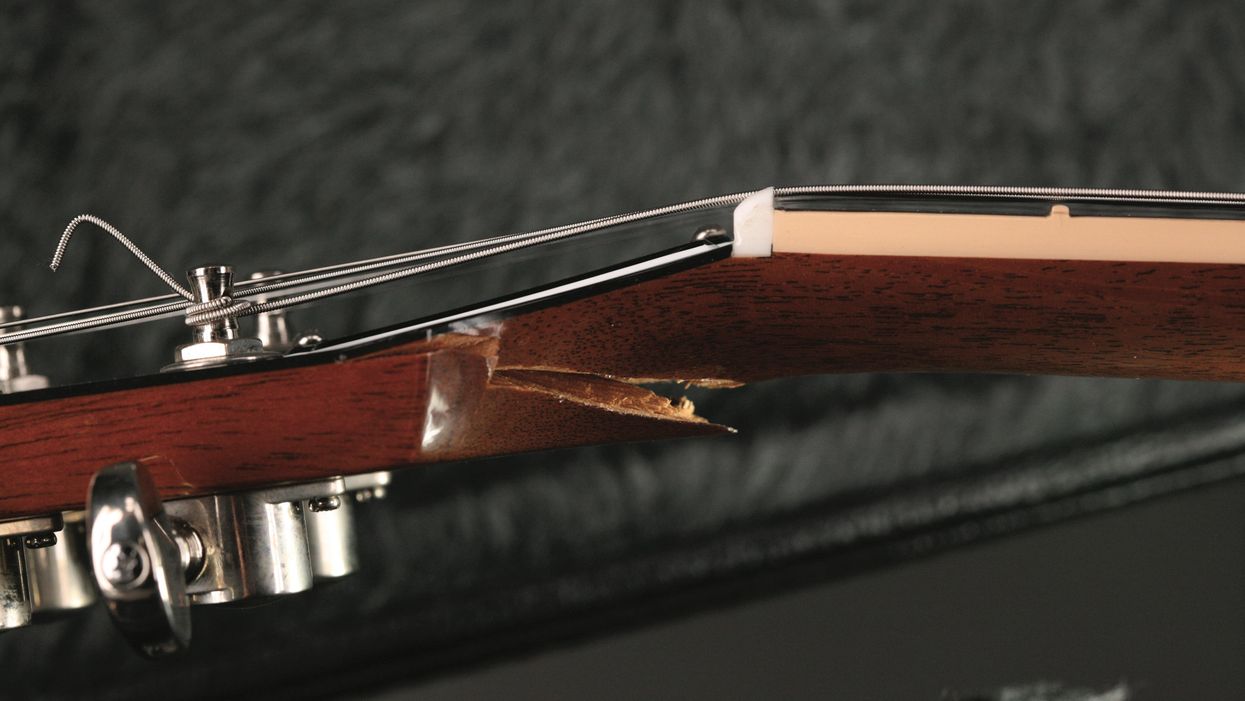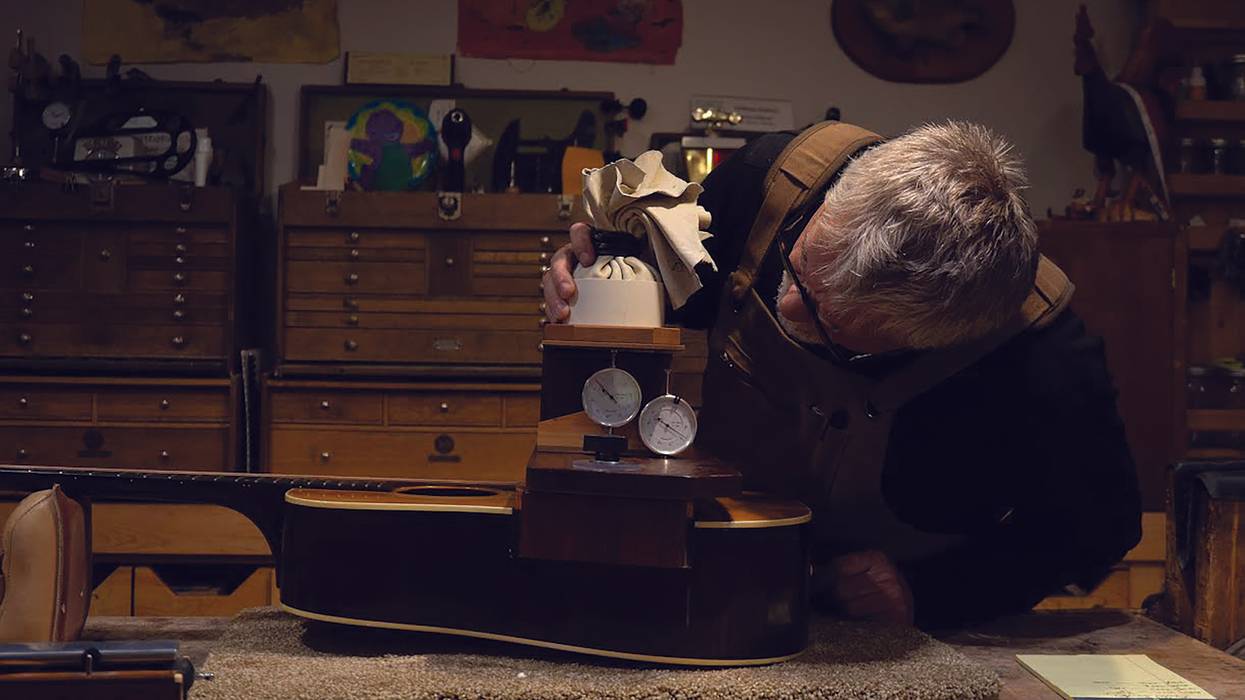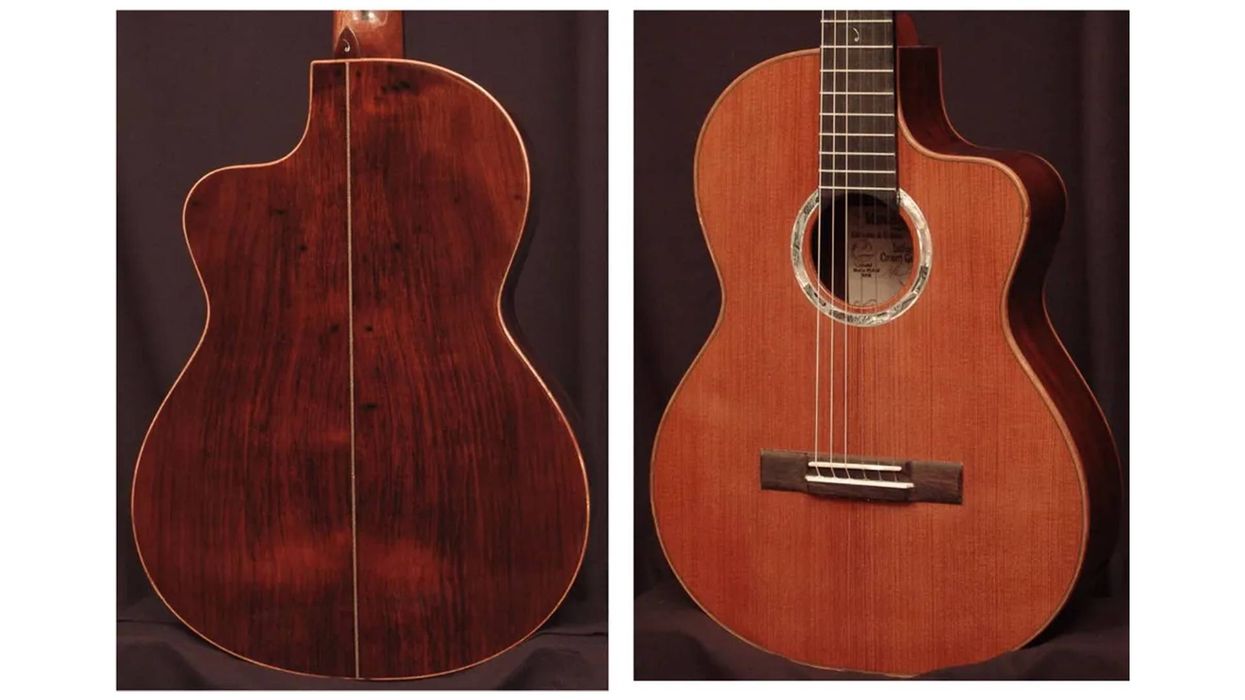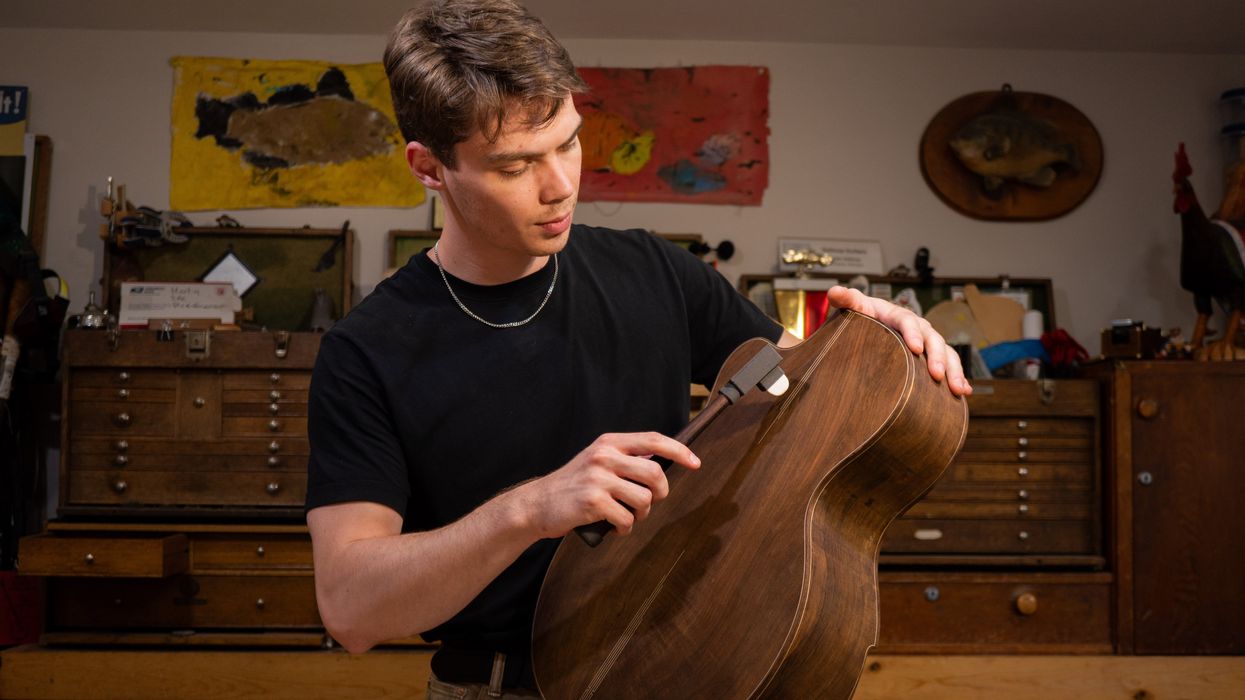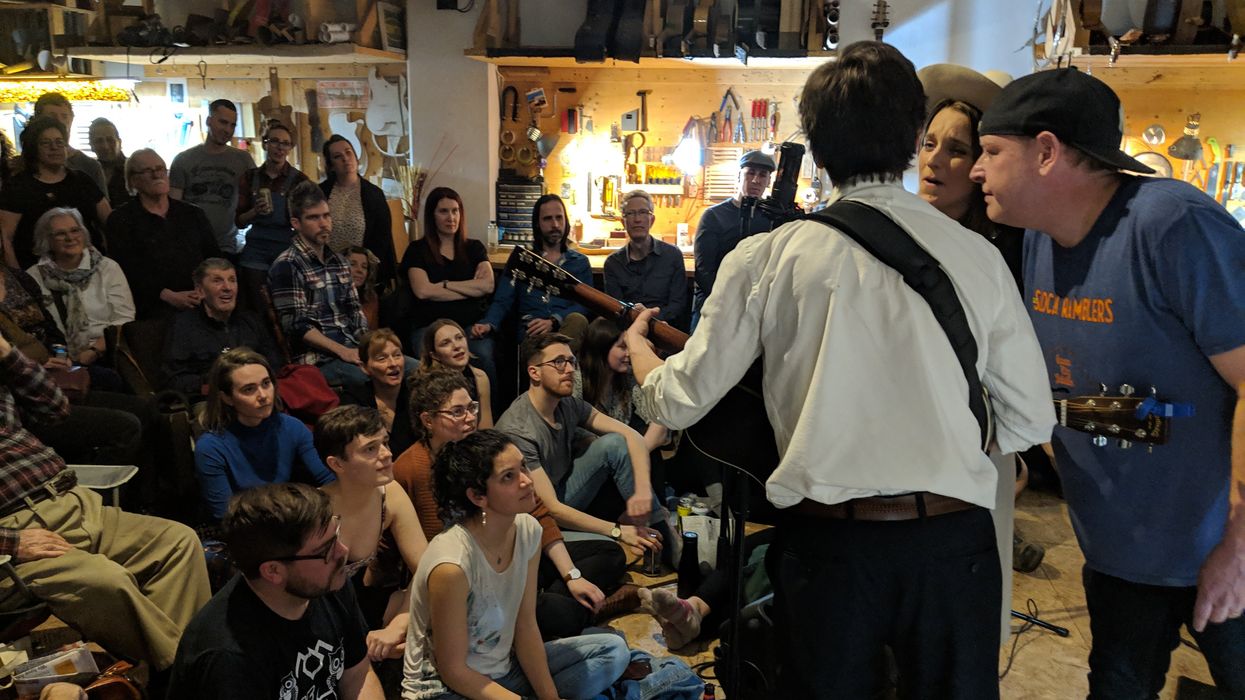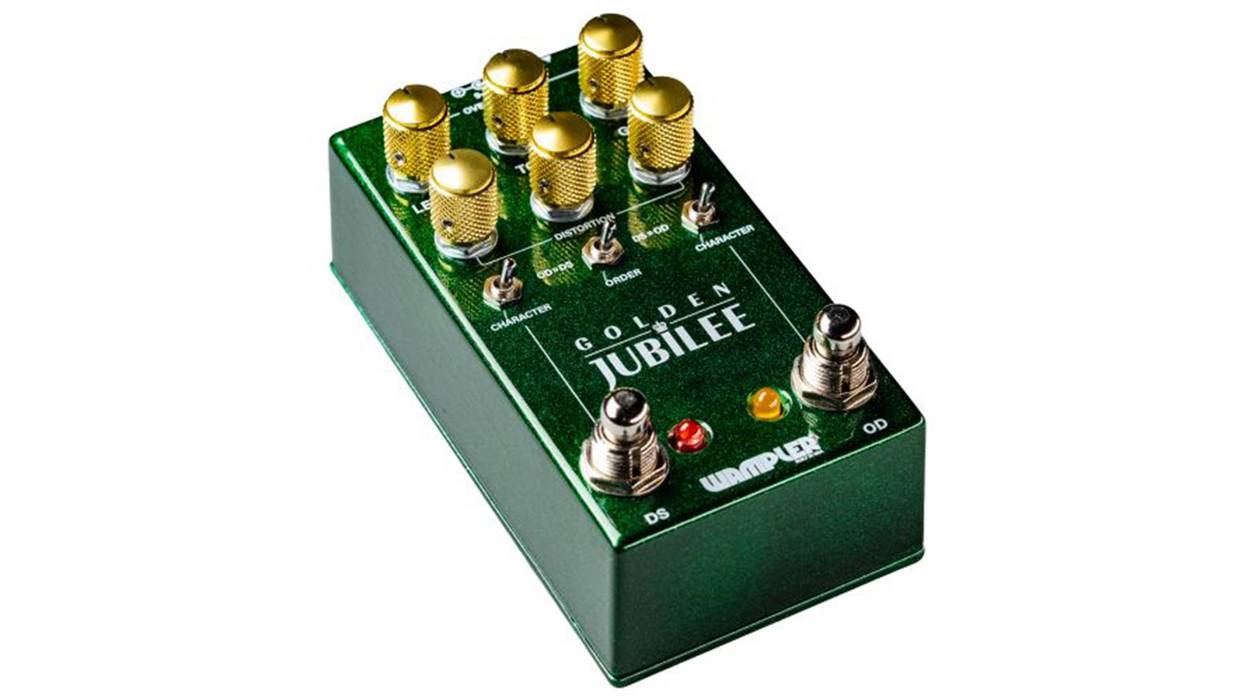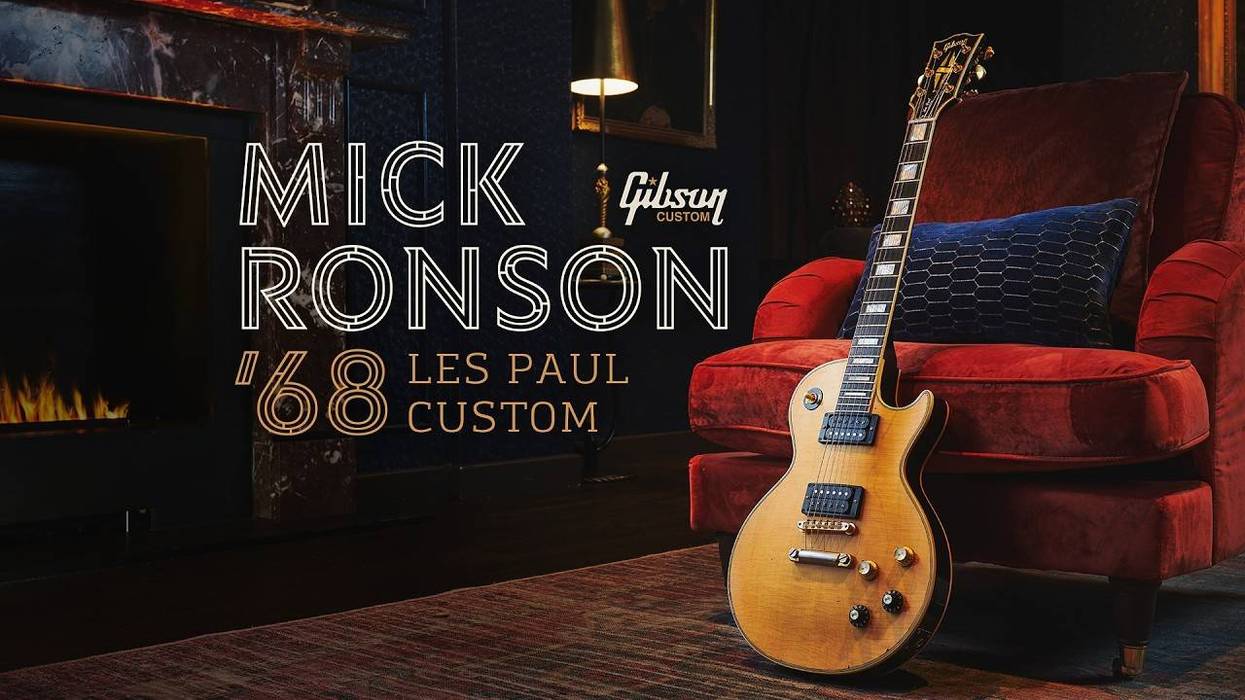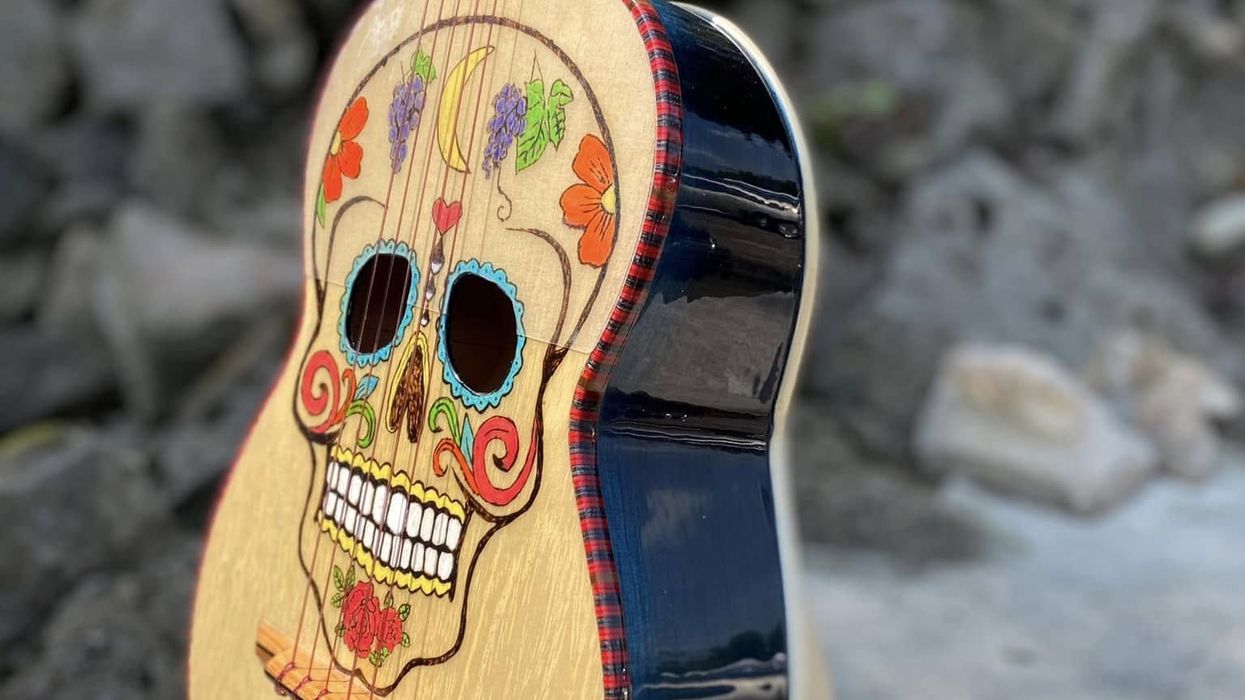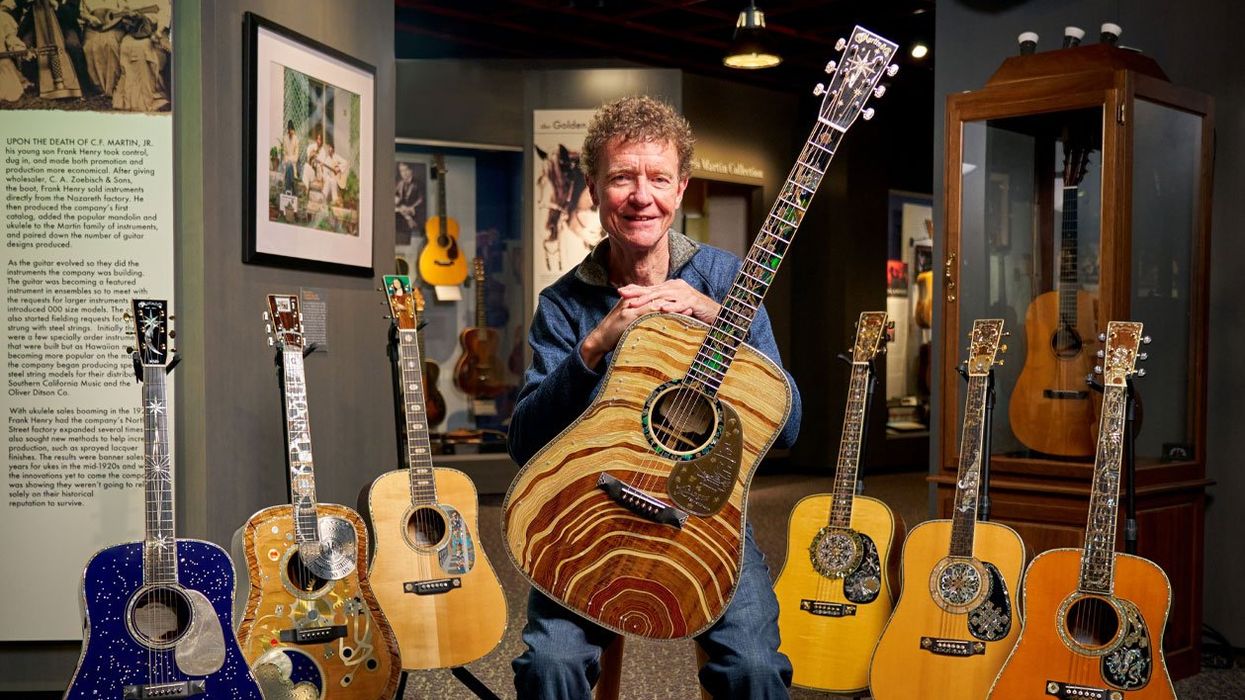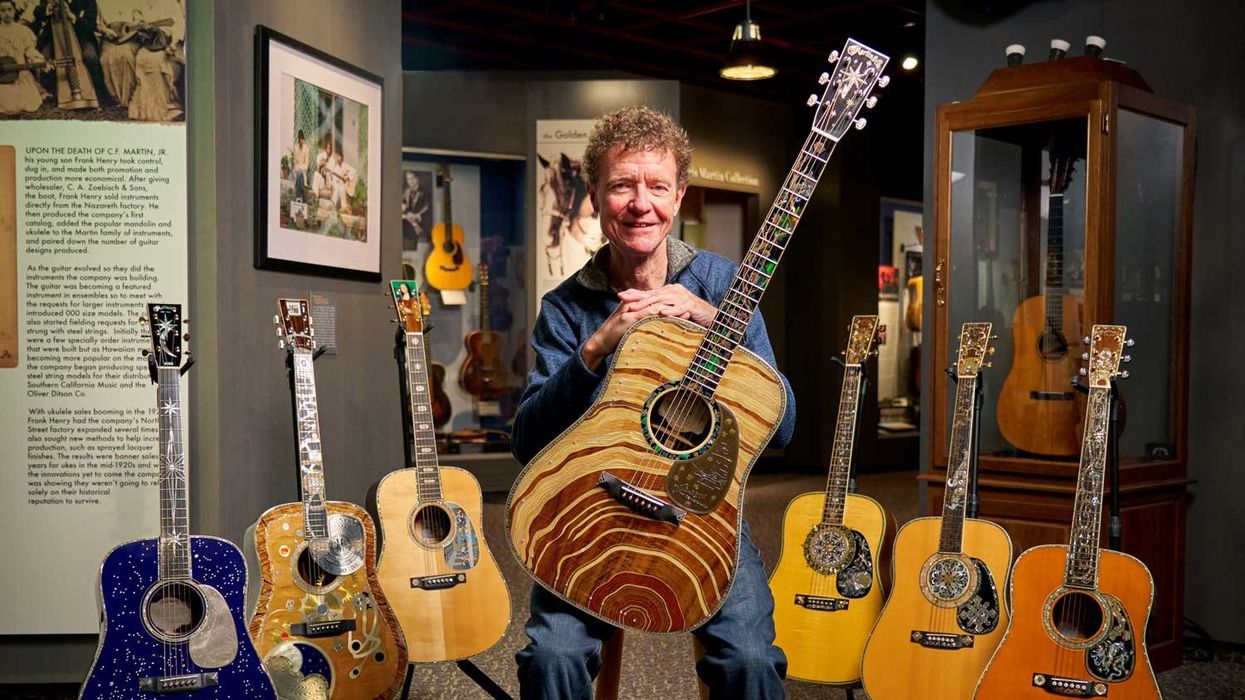The COVID pandemic clobbered many of our favorite pastimes but proved to be a boon for the sales of some things, especially musical instruments. But while guitars, unlike bicycles (another pandemic fave), can be shipped without any significant disassembly, that doesn't necessarily mean it's smooth sailing once the box arrives and you pull a new, or at least new-to-you, instrument out of its case.
You did your homework, you found the right guitar at the right price, and it arrived with no visible damage. Whew! And yet after a quick tuning, something obviously isn't right.... Now what? If you're lucky, a local guitar repair technician can look at the instrument and help you determine if there's something faulty or if the problem is simply a matter of adjusting it to suit your playing style. But while finding the right guitar was a lot harder than it would've been in 2019, finding a repair tech with enough time to help you may be even more difficult. What happened?
Welcome to another unexpected wrinkle of now: A lot of us have more money to buy stuff, but if you buy something that needs fixing and you can't fix it yourself, those newly memorized mantras about patience may be put to the test. The ratio of stuff needing fixing to people who can fix things is seriously out-of-whack.
One of the reasons is that the recent dramatic uptick in people playing guitars has far outstripped any increase in the number of people being trained to work on them. This mismatch is made worse by the fact that even learning how to diagnose guitar repair issues takes considerably longer than the time it took all those COVID-trapped souls to find their dream rig online and have it delivered. Others didn't have to buy anything but a set of strings because they pulled a long-neglected guitar out of the closet, or, worse yet, the attic or garage, only to discover that their 6-string vehicle for trips down memory lane was no longer drivable.
Guitar repair techs are often one part mechanic and two parts psychologist: They're good at what they do because they understand both you and your instruments.
And while I hate to make dire predictions, a quick survey of lutherie and guitar repair schools doesn't indicate that "Guitar Repair Tech" is high on anybody's YOLO list of alternative occupations. That means the long delays of getting your guitar repaired is probably not going to improve anytime soon, and the same holds true for amplifiers. (I'm using the term "repair tech" instead of "luthier" because many people assume luthiers only build guitars.)
Those readers familiar with the online world of guitar repair videos are probably asking, "What about YouTube?" While it's true that some excellent diagnosis and instruction is available online, the DIY movement isn't for everyone and not all the guitars needing help fit that category. Bringing your brother's Seagull acoustic back from purgatory is one thing, but dad's Martin D-28? The former seems like a fitting guitar for testing YouTube-instructed setup skills, but with the D-28 it's probably best to find a repair tech with experience working on Martin guitars.
A simple safety test to keep you from getting in over your head and doing real damage is this: If you're altering a replaceable part on a guitar, such as the bridge saddle on an acoustic, or if you're making an adjustment that can be reversed, such as to the truss rod, go for it. However, if you're disturbing glue joints or a major part of the guitar, slow down. Taking the saddle out of the bridge on an acoustic guitar and altering or replacing it is one thing, but trying to reglue a loose or cracked bridge can result in real damage. (My rule of thumb is that those who have paid someone else to restring their guitar are probably not candidates for learning even the most basic setup that requires only screwdrivers and Allen wrenches, such as on a Strat.)
Yet a long-term solution to delays for instrument repair is going to require a more basic adjustment, and that's in how people who fix things are regarded by society at large. While luthiers who build guitars get lots of respect, those who repair instruments do not, even though guitar repair techs often have a tougher job.
This is because while the guitars they work on may be very similar, the people playing them often vary widely. Yngwie Malmsteen and Ry Cooder approach the Fender Stratocaster with very different goals (and very different strings), and acoustic guitarists have an equally far-ranging approach to playing instruments that are remarkably similar despite different woods and body shapes. Favorite guitar repair techs are often one part mechanic and two parts psychologist: They're good at what they do because they understand both you and your instruments. Only when repair techs get more respect, and better pay, will there be enough of them to meet demand.


